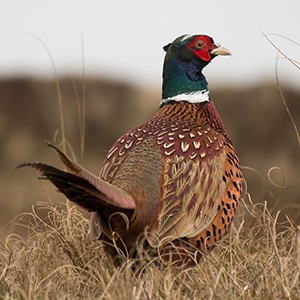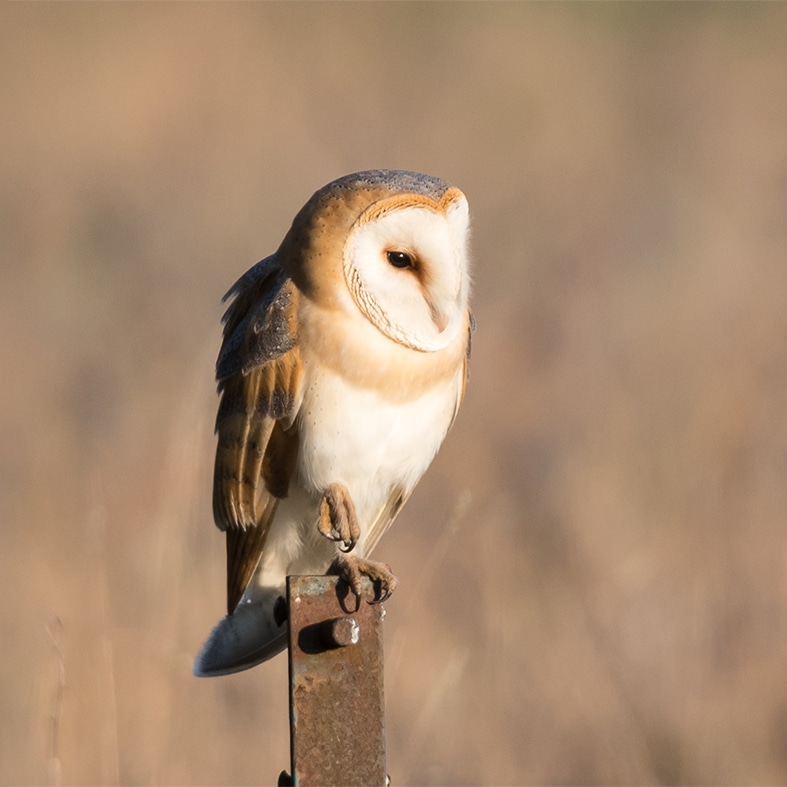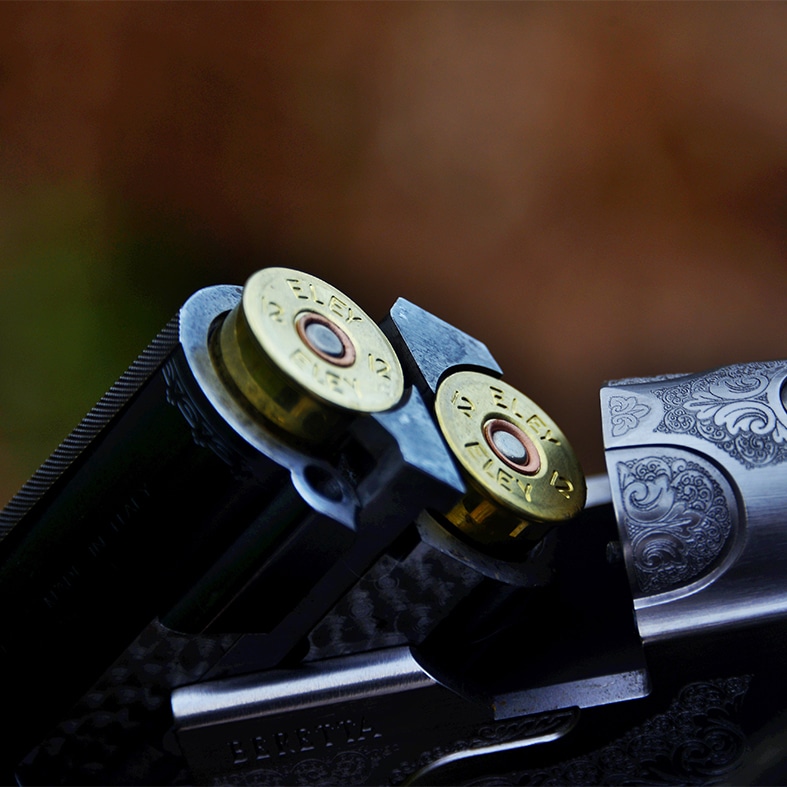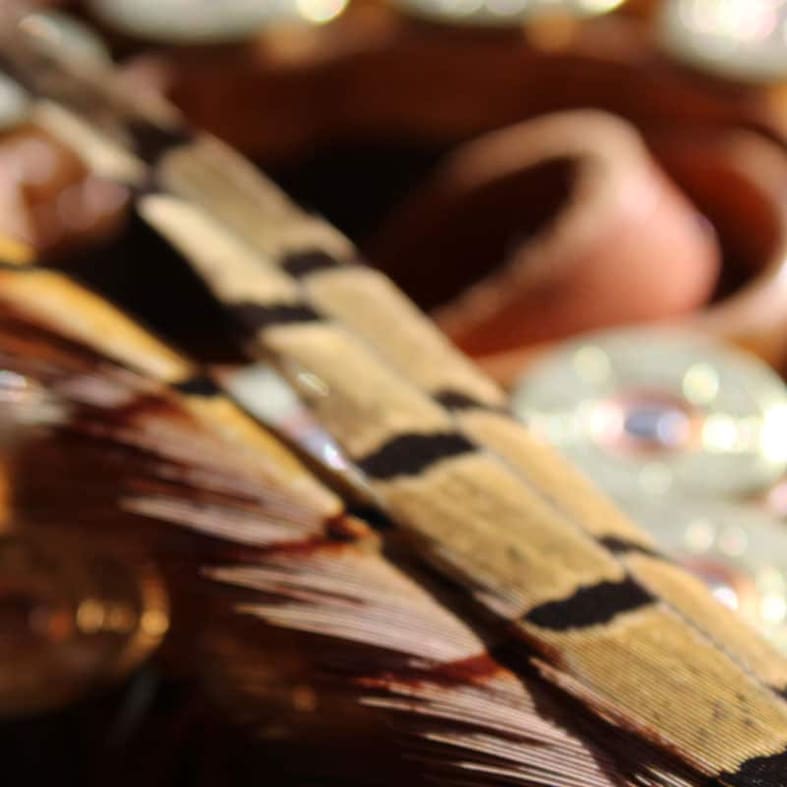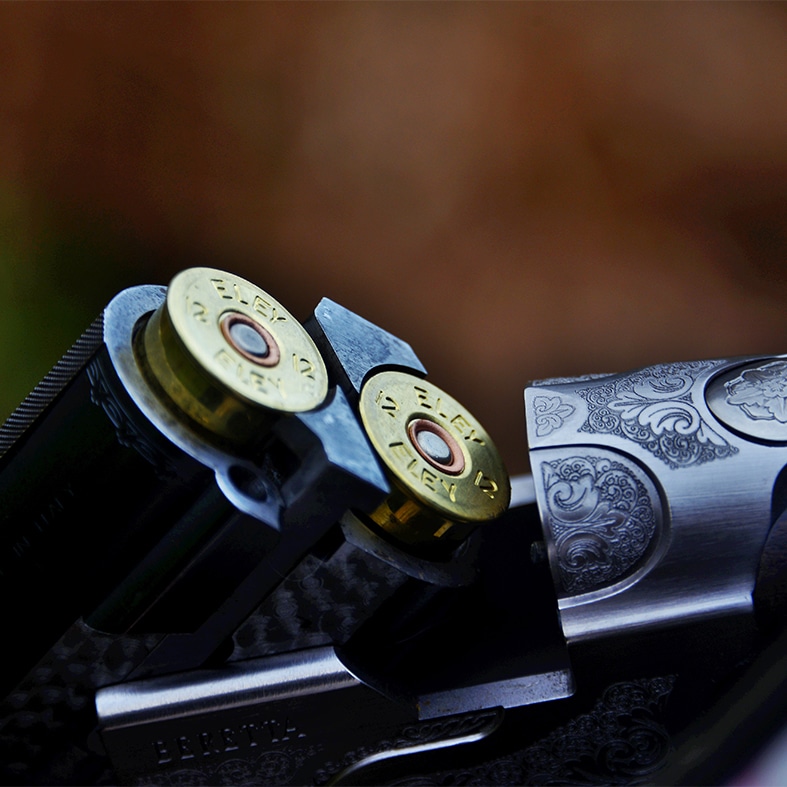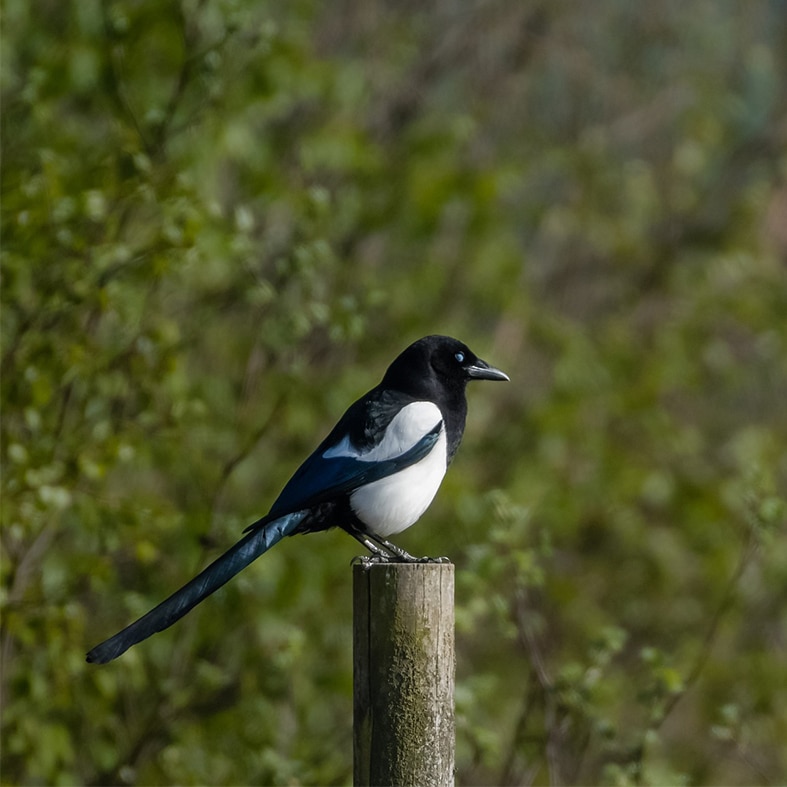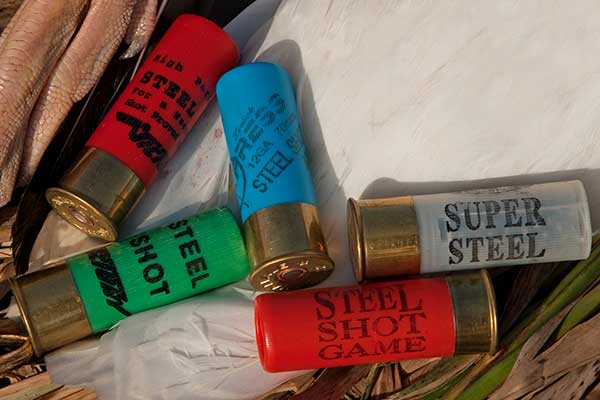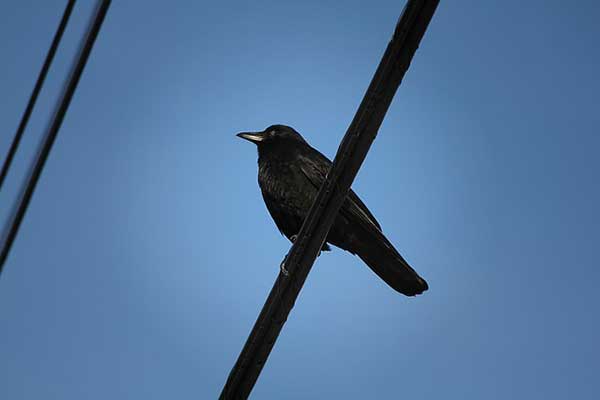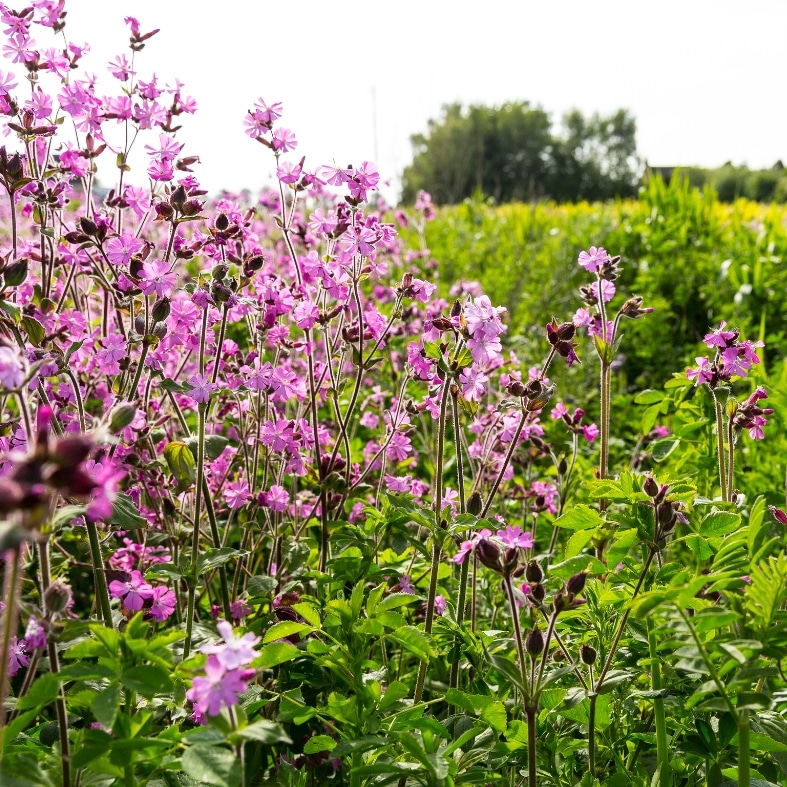

- - Features
- - Features
Farming and environmental grants: delivering nature recovery through sustainable shooting
Ian Danby outlines some of the 2024 updates to the English farming and environmental support schemes and highlights opportunities for shoots and landowners to work together for mutual benefit.
In January, Steve Barclay, Secretary of State for Defra, announced the latest evolution of farming and environmental grants available to landowners and farmers in England.
A significant number of changes to the schemes improve the opportunities for shoots to work with their farmers and landowners to upgrade habitat like woodlands, wetlands, moorland and cover crops. Incentives for the management of certain problem species, such as deer and grey squirrel, are included too.
Looking at the big picture
Let’s look at the big picture before we get into the details.
BASC is pleased with the general direction of the post-Brexit new Environmental Land Management Scheme (nELMS). Since 2018 we have had direct engagement with civil servants at Defra on certain options of particular interest to members.
Our approach has been to demonstrate how shooting on farmland supports the objectives of nELMS, results in improved uptake of conservation options by farmers, and how shooting activities are essential to the effective delivery of options.
The need-to-knows
So what to do you really need to know about the changes?
I think the biggest evolution of the scheme is that the opportunities provided in the Sustainable Farming Incentive and the Countryside Stewardship, are effectively merged. Farmers can create agreements picking from options in either scheme on just one application website.
There is no longer a fixed application date for making claims. It can be done at any point in the year and can be adapted on the renewal date in future years, giving applicants much-needed flexibility over when, and what to add to any agreement. Many shooters think of good things in the moment, such as the use of cover crops in the spring, or woodland management in the winter.
If there is one take away from this blog, it’s that you need to have that discussion with your farmer or landowner to find out when they are going to apply, or when their renewal date is, so you can make suggestions on new options and support them with their overall application.
Another piece of welcome news is that payment rates have been increased on average by 10% across options and there have been significant increases in payment for the management of habitats, which had been previously undervalued.
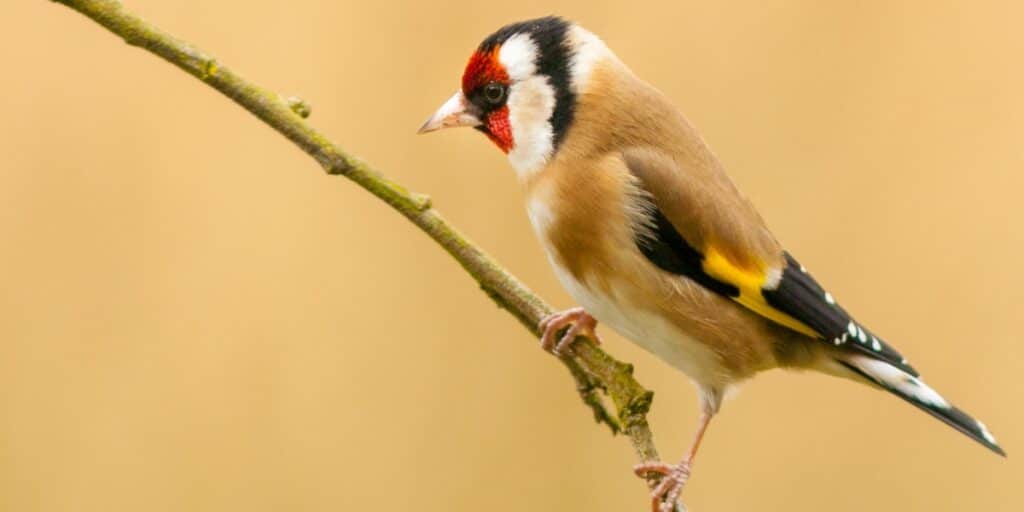
Options and payments
Let’s whet your appetite by highlighting a few options, all of which will improve your shooting and the health of the environment on the farm in question – the natural overlap we get from sustainable shooting.
Pollen and nectar flower mix – three years – £729 per hectare
An excellent cover to support breeding success of game and other wildlife.
Winter bird food on arable and horticultural land – three years – £853 per hectare
The obvious opportunity to support gamebird management in the winter.
Manage woodland edges on arable land – three to five years – £428 per hectare
A really interesting option to soften the transition between woodland and arable fields which will be very attractive to pheasants – a bird of the woodland edge.
Supplement to woodland improvement action: three-zone rides – 10 years – £197 per hectare
A great option for shoots to provide an excellent profile that is attractive to game and other wildlife that will improve the openness of the wood, as well as provide the shoot with possible locations for flushing points or to stand guns.
Deer control and management – 10 years – £105 per hectare
A great option to assist with the costs of creating a deer management plan, assessing deer damage and undertaking control.
Grey squirrel control and management – 10 years – £60 per hectare
Similar to the deer option, to help with the costs of assessing damage from bark stripping and controlling grey squirrels.
Rhododendron control and management – five years – £256 per hectare
An excellent option for shoots to improve their woods by reverting the understorey layer to native species.
Manage wet grassland for breeding waders – five years – £547 per hectare
Manage wet grassland for wintering waders and wildfowl – five years – £547 per hectare
Attractive options for those wanting to improve farmland for waterfowl use.
Mink control and management – 10 years – £99 per 100m of water course
A new option from the middle of 2024 – details to be confirmed.
Maintain features for wildfire management (fire and fuel breaks) – details to follow this year
An interesting offer to pay for fire breaks on moorland.
Manage coastal vegetation – five years – £123 per hectare
A payment for grazing or cutting to improve the structure on saltmarsh, dunes and other coastal habitats.
Get professional advice
We always advise you or your farmer/landowner gets good advice a land agent and or farm consultant when entering schemes.
The links below take you to Defra’s key documents detailing the fuller listings of options and scheme rules. There is also a Defra webinar that goes into the details of the schemes.
Environmental land management in 2024: details of actions and payments
Technical annex: The combined environmental land management offer
Share

Ian Danby

Avian Influenza update in France
A substantial number of confirmed cases means it is extremely likely that there will be issues with the supply of eggs and chicks from France.
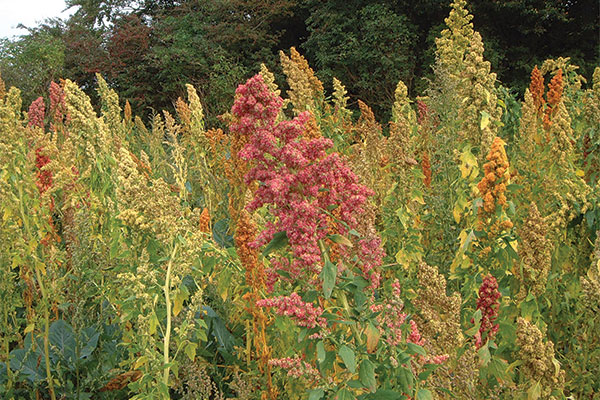
Going undercover
It’s time to make decisions about your cover crops for next season and Julia Newman has some sound advice.
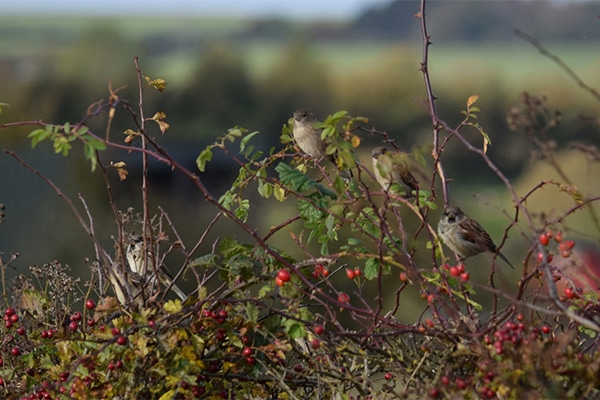
All hedgerows great and small
The government is encouraging the creation of more hedgerows – and that will be a win for shooting and conservation.
